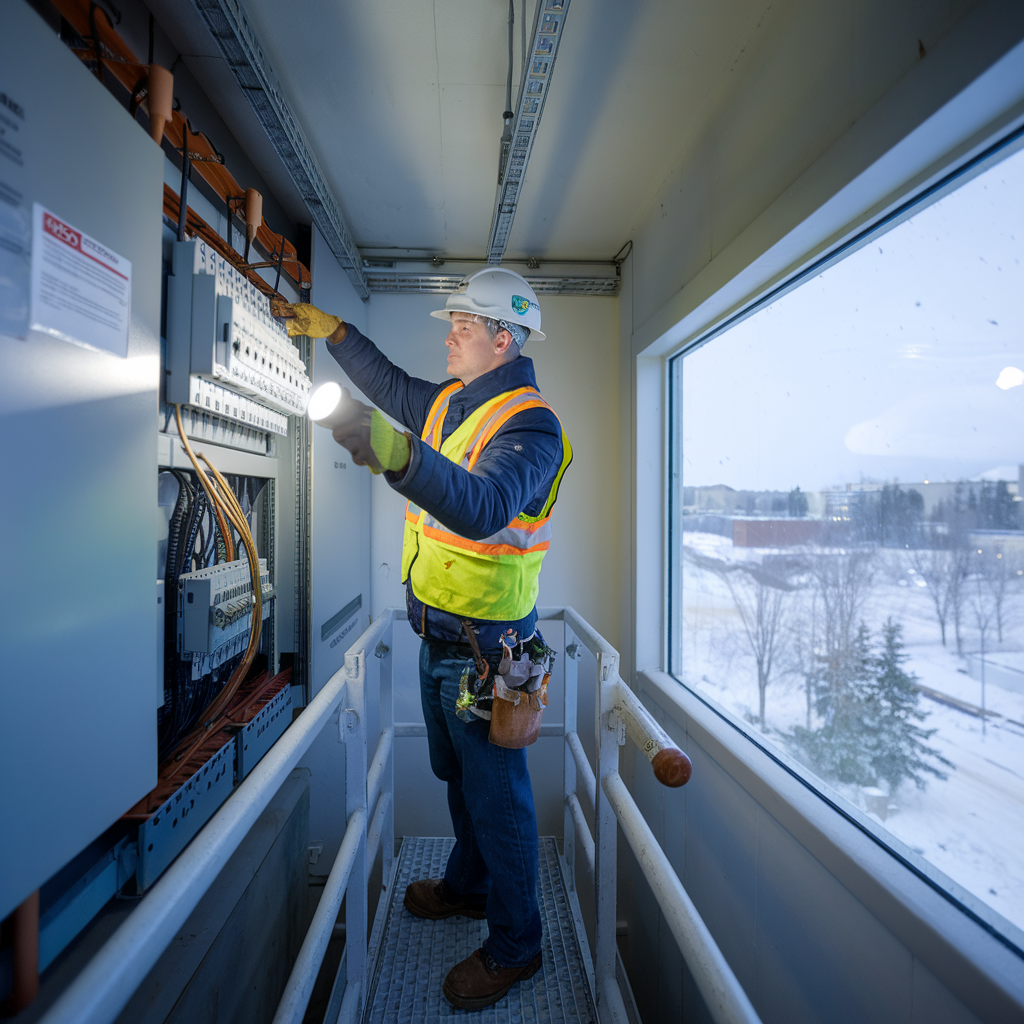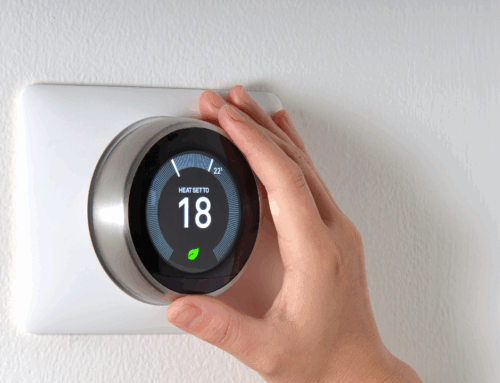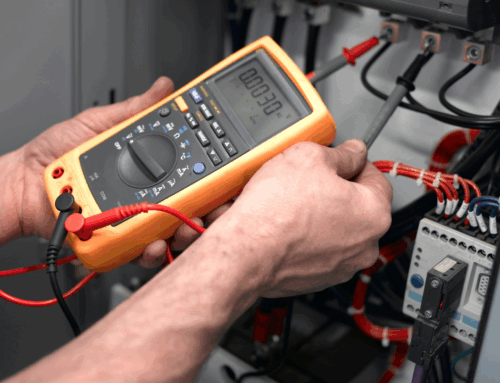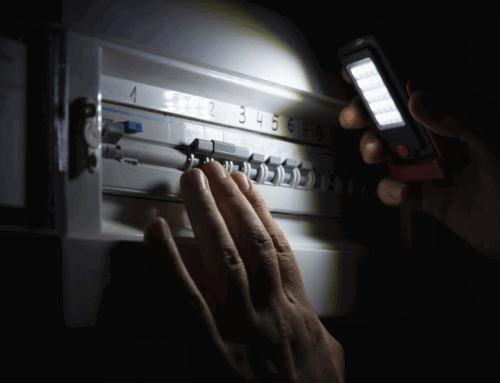In today’s business world, energy efficiency has become a critical consideration. Rising energy costs, environmental concerns, and the push for sustainability are driving businesses to find more effective ways to manage their energy usage. This is where Energy Management Systems (EMS) come into play. An Energy Management System is a comprehensive tool that helps businesses monitor, control, and optimise their energy consumption. Commercial electricians play a crucial role in implementing and maintaining these systems, helping businesses save money, enhance sustainability, and improve operational efficiency. In this article, we explore why Energy Management Systems are essential for modern businesses.
1. Reducing Energy Costs
Energy costs can be one of the largest expenses for any business, especially in industries that rely heavily on machinery, lighting, and HVAC systems. Energy Management Systems allow businesses to track and analyse their energy usage in real-time, identifying areas where energy is being wasted. By implementing an EMS, businesses can make data-driven decisions to reduce energy consumption. Commercial electricians are essential for installing and configuring these systems, ensuring that businesses can effectively monitor their energy usage and make necessary adjustments.
For instance, EMS can automate the control of lighting and heating systems based on occupancy, time of day, or external weather conditions, ensuring that energy is only used when needed. These optimisations help businesses lower their monthly energy bills and improve their bottom line.
2. Enhancing Sustainability and Reducing Carbon Footprint
As sustainability becomes a growing priority for businesses and consumers alike, Energy Management Systems provide an essential tool for reducing environmental impact. By monitoring and optimising energy use, EMS helps businesses decrease their carbon footprint. Using less energy not only saves money but also reduces the emissions associated with electricity production, contributing to the fight against climate change.
Commercial electricians are vital in integrating energy-efficient solutions within the EMS framework, such as energy-saving lighting, smart thermostats, and automated systems that adjust energy usage. Their expertise ensures that businesses can implement green technologies that align with sustainability goals, making a positive impact on the environment.
3. Improving Operational Efficiency
An EMS does more than just monitor energy consumption; it helps businesses identify inefficiencies in their operations. This system allows businesses to track energy use patterns and pinpoint when and where energy is being consumed most, leading to more informed decisions about equipment usage, maintenance, and scheduling. By identifying inefficiencies, businesses can optimise their energy usage, reduce waste, and enhance overall productivity.
For example, commercial electricians can install sub-metering systems to monitor specific areas of a business, such as production lines or HVAC systems. This data enables businesses to understand which areas are consuming excessive energy and where improvements can be made. Over time, these adjustments can lead to a significant reduction in energy costs while improving operational performance.
4. Regulatory Compliance and Reporting
In many regions, businesses are subject to energy regulations that require them to track and report their energy consumption. Commercial electricians play an essential role in ensuring that an Energy Management System meets regulatory requirements and is capable of providing the necessary data for compliance purposes. An EMS can automatically generate reports on energy use, carbon emissions, and other critical metrics, making it easier for businesses to demonstrate compliance with environmental regulations.
Being able to provide accurate energy consumption data not only helps with compliance but also positions a business as a responsible, environmentally conscious company. This can improve the business’s reputation and attract customers who are increasingly concerned about sustainability.
5. Enabling Predictive Maintenance
Energy Management Systems also allow businesses to predict when electrical equipment is likely to fail or become inefficient. This predictive maintenance capability enables businesses to schedule repairs before equipment failure occurs, reducing the risk of downtime and costly emergency repairs. By monitoring energy usage trends, businesses can detect unusual spikes or drops in energy consumption, signalling potential issues with equipment.
Commercial electricians are essential in setting up the necessary sensors, alarms, and monitoring tools that form the basis of predictive maintenance. Their expertise ensures that EMS can provide accurate, actionable data that allows businesses to address maintenance needs proactively.
6. Integrating Renewable Energy Sources
As businesses increasingly turn to renewable energy sources like solar and wind power, an Energy Management System can help integrate these sources into the energy mix. EMS enables businesses to track energy production from solar panels or wind turbines and optimise energy usage to make the most of renewable sources. By incorporating renewable energy into the EMS, businesses can reduce their reliance on grid power, lower energy costs, and further reduce their carbon footprint.
Commercial electricians are crucial in integrating renewable energy systems with EMS, ensuring that businesses can take full advantage of their green energy solutions. Their knowledge of solar power systems, energy storage, and battery management ensures that renewable energy is efficiently incorporated into the energy management framework.
Conclusion
Energy Management Systems are essential for modern businesses that want to reduce costs, enhance sustainability, and improve operational efficiency. By tracking, controlling, and optimising energy consumption, businesses can make informed decisions that lead to significant financial savings and environmental benefits. The expertise of commercial electricians is critical in implementing and maintaining these systems, as they ensure that businesses are using energy efficiently and in compliance with regulations. As the demand for energy-efficient solutions continues to rise, the role of Energy Management Systems will become even more important in helping businesses meet their sustainability goals and thrive in a competitive marketplace.







Leave A Comment